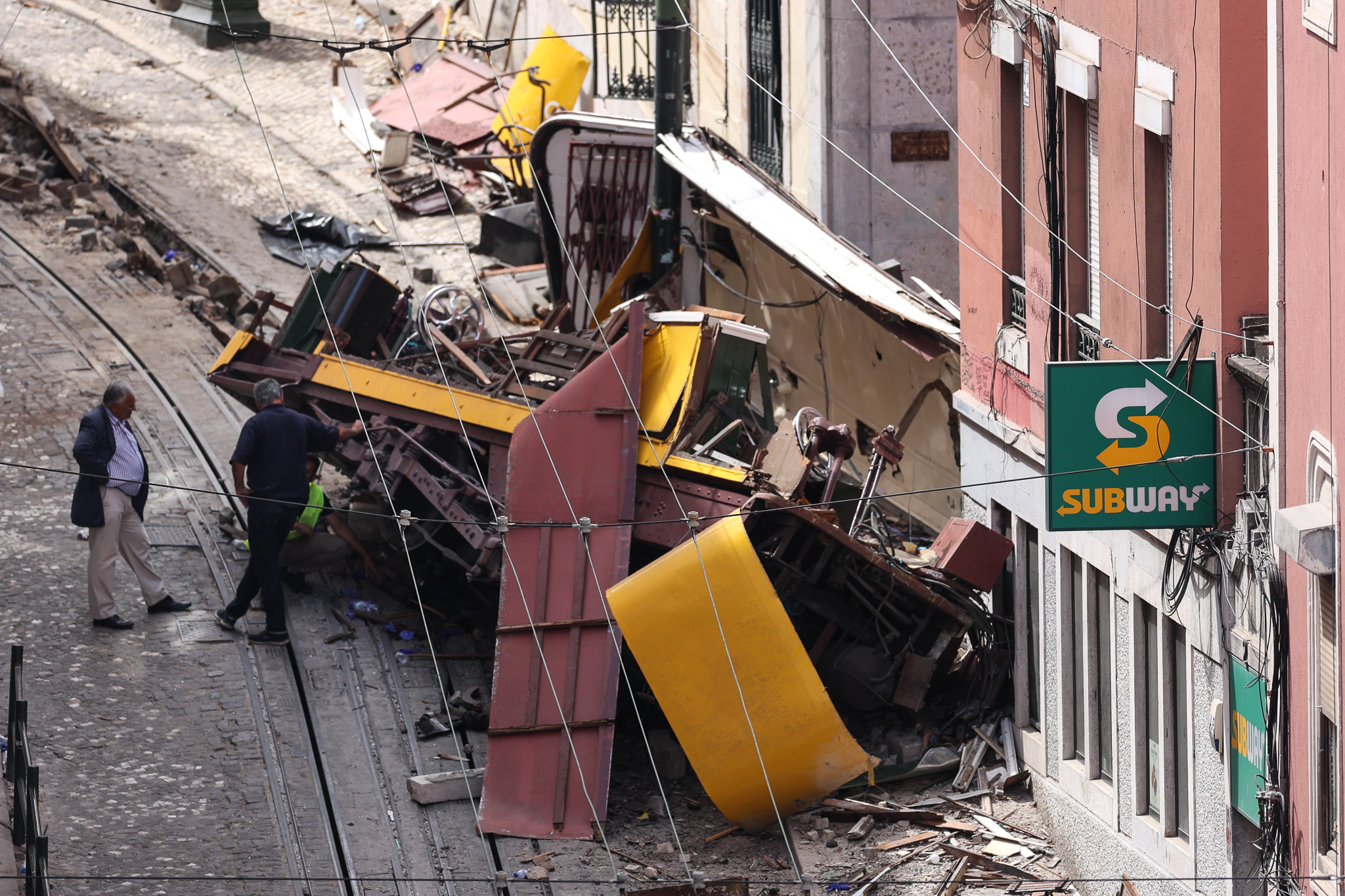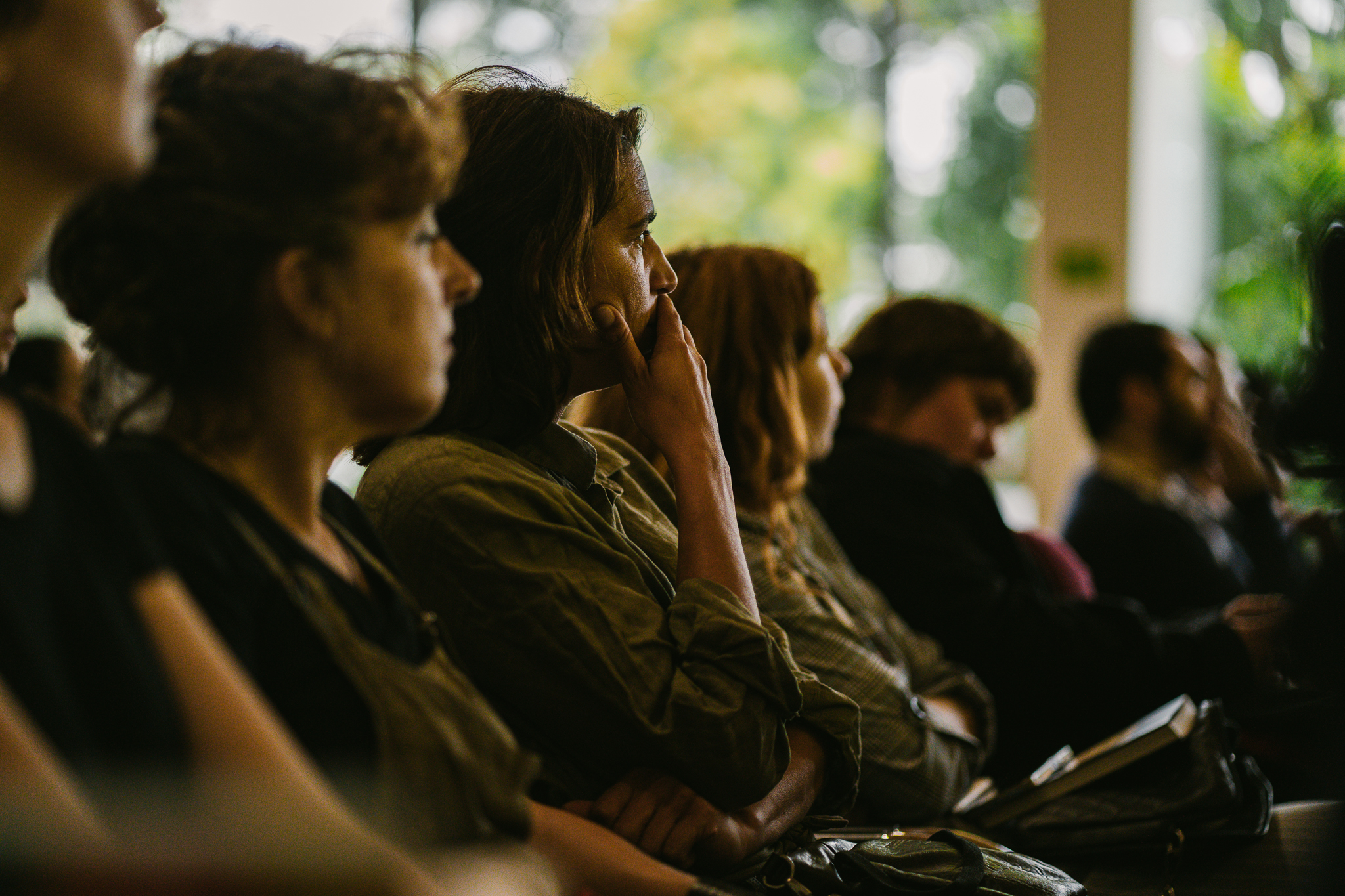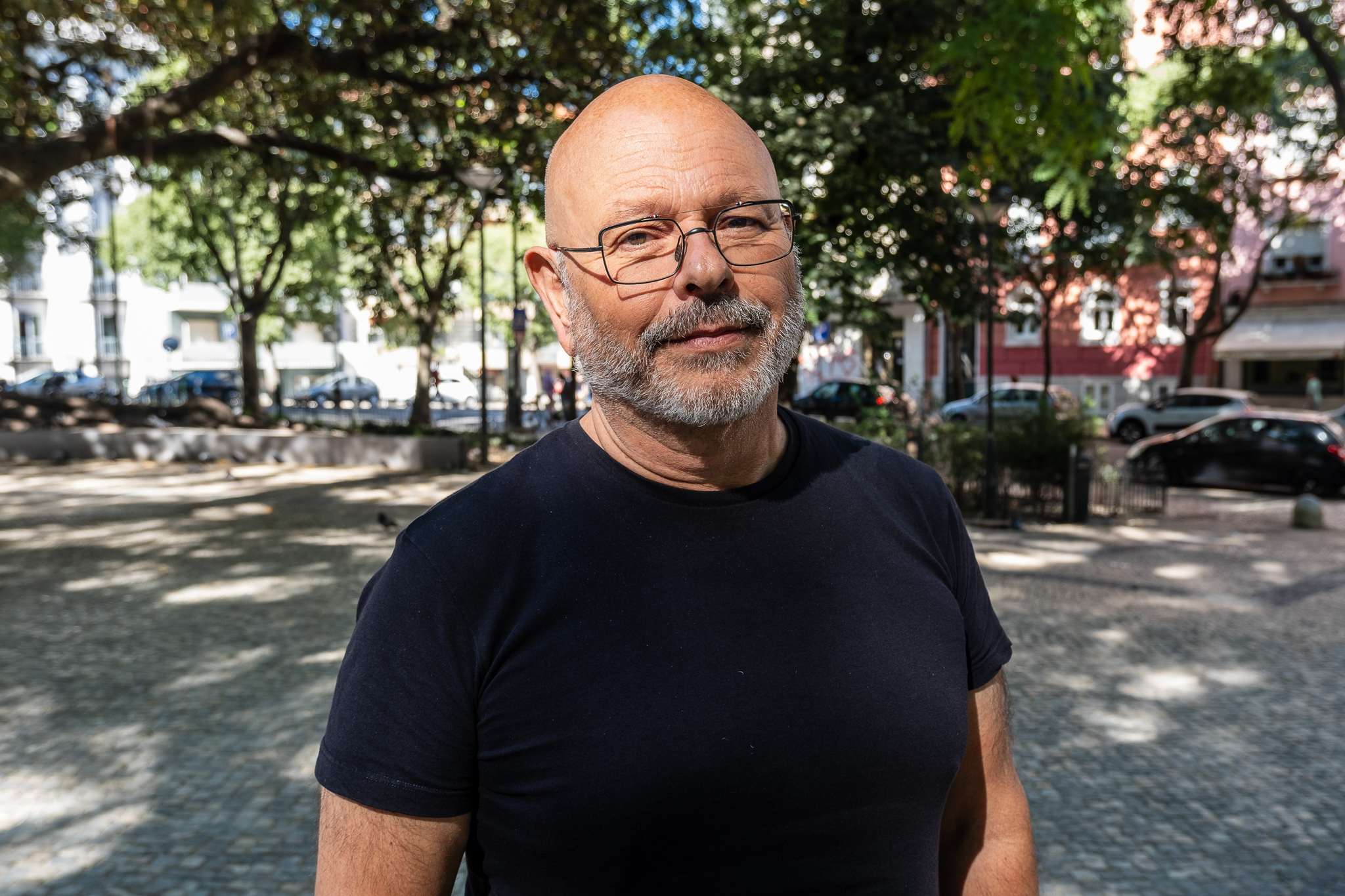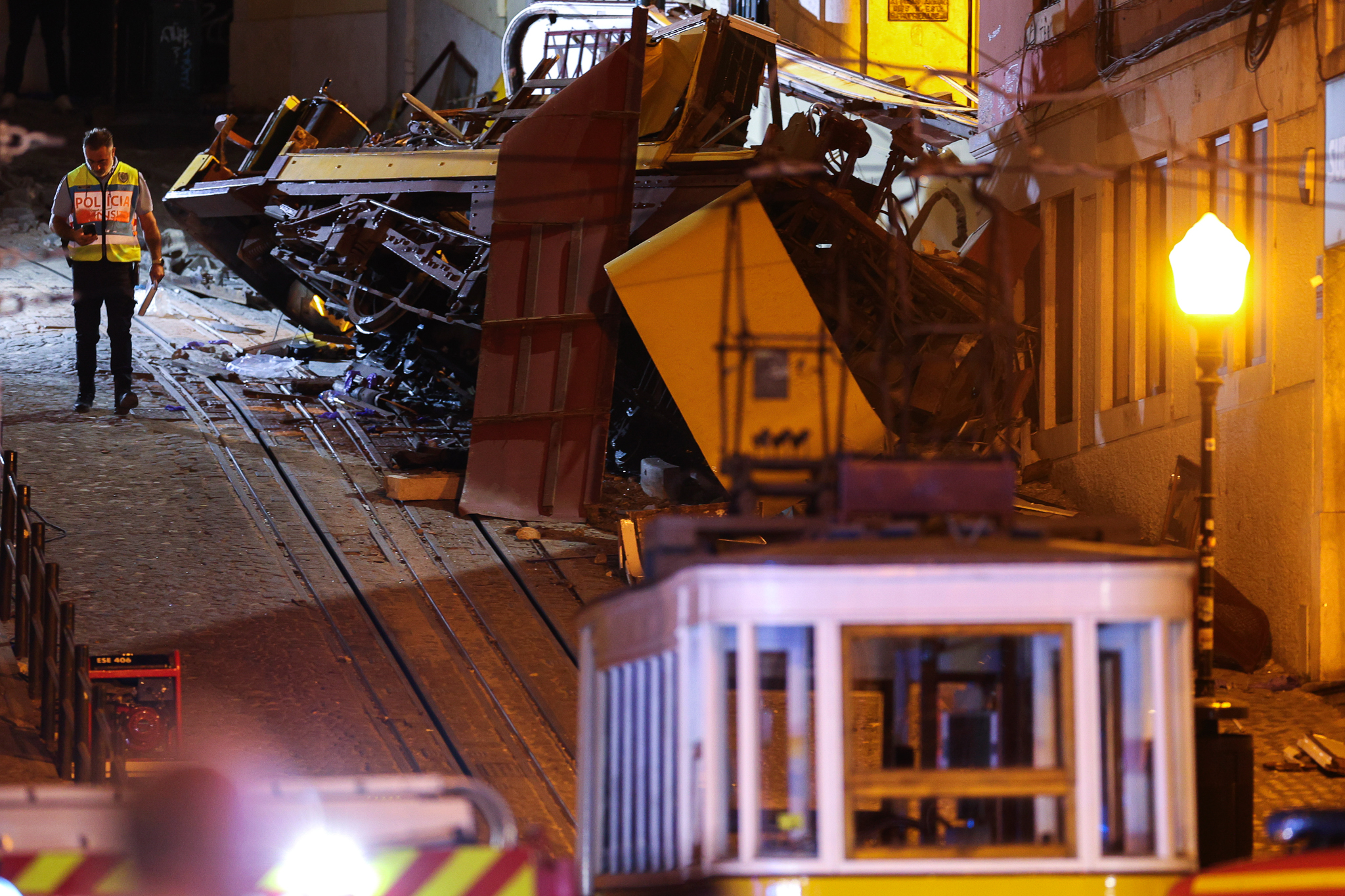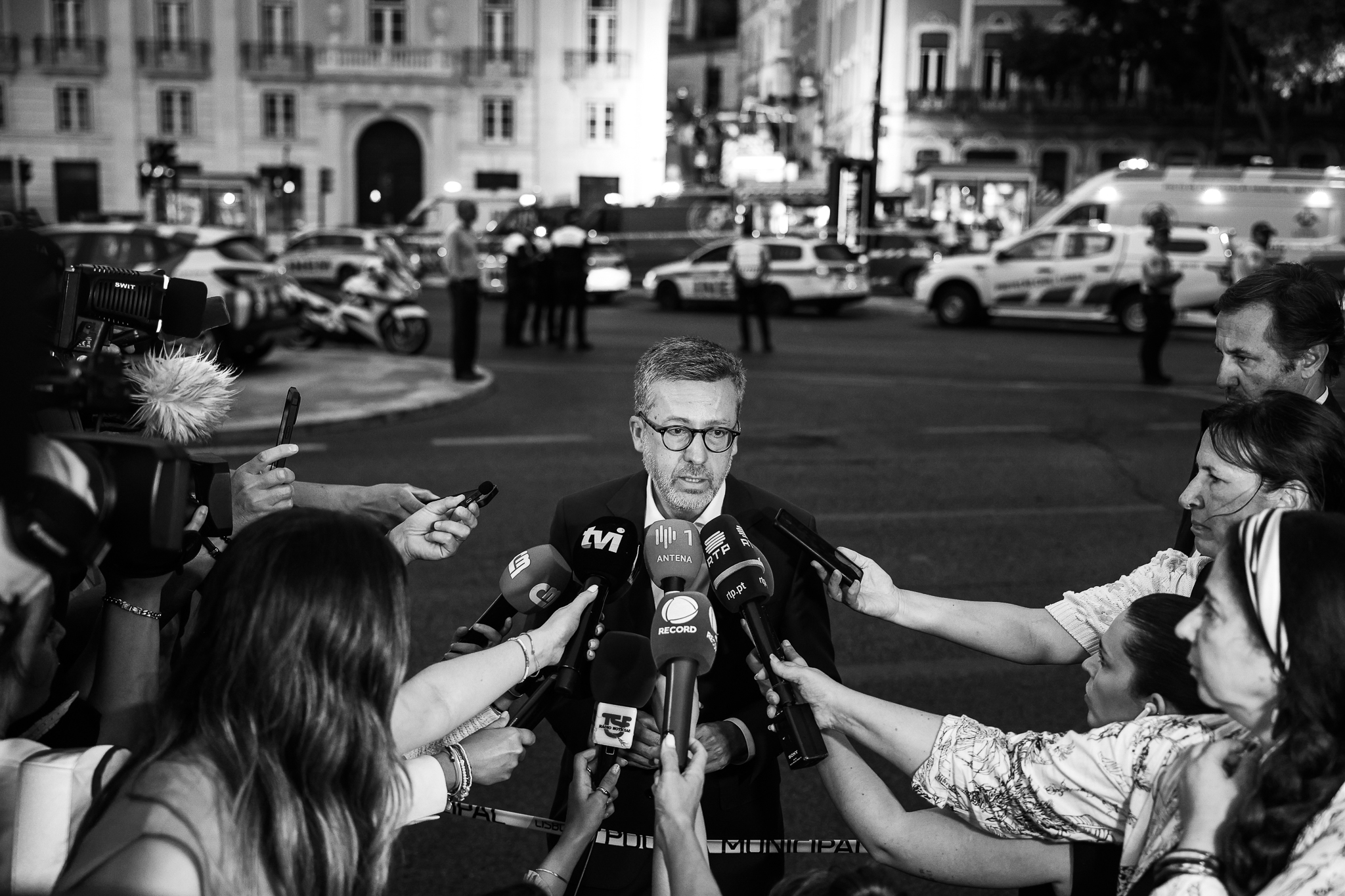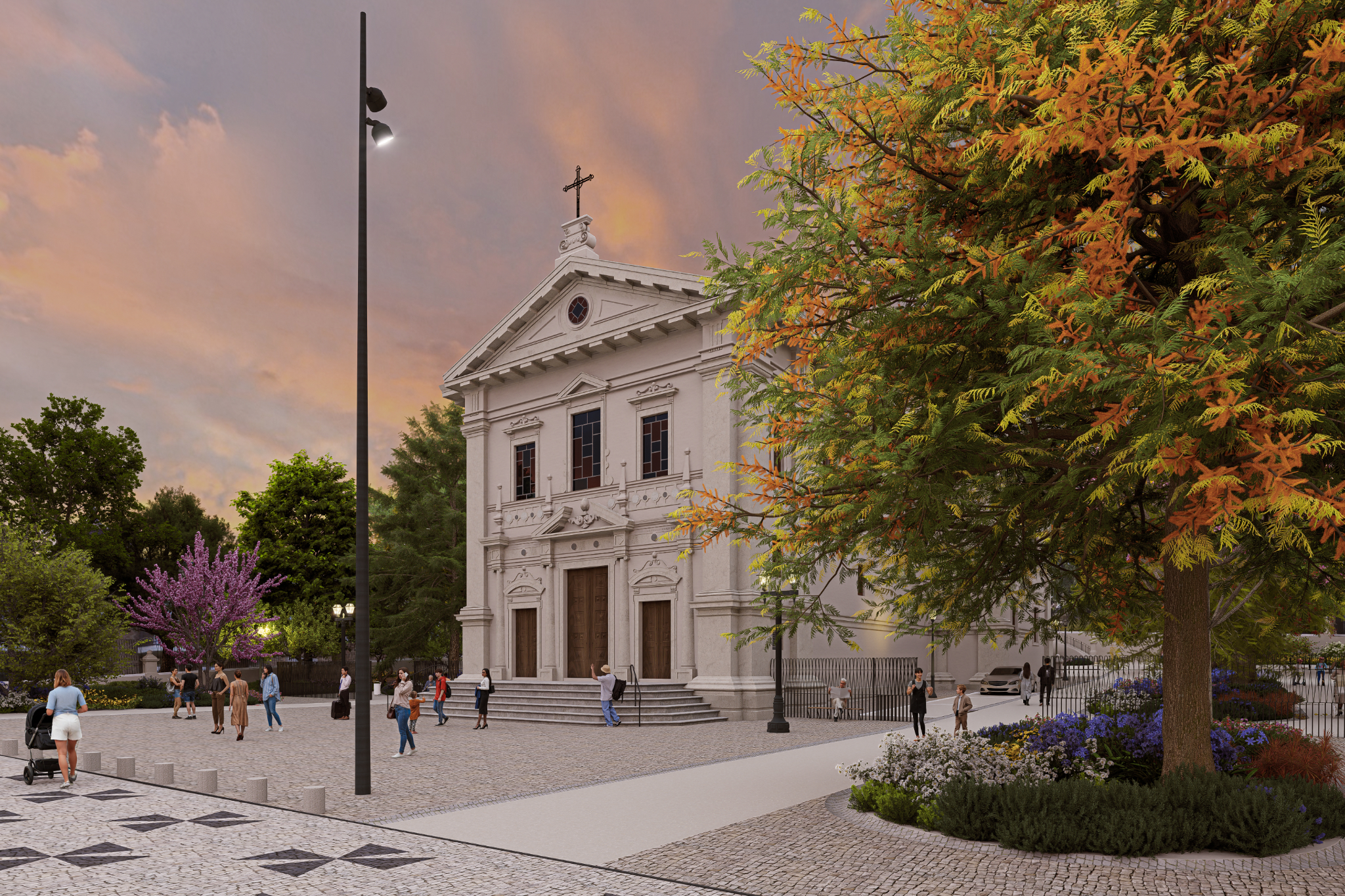The Faculty of Science of the University of Lisbon (FCUL) will be counting how many students and professors arrive by bicycle or scooter during five months. Data will be used for planning future measures.
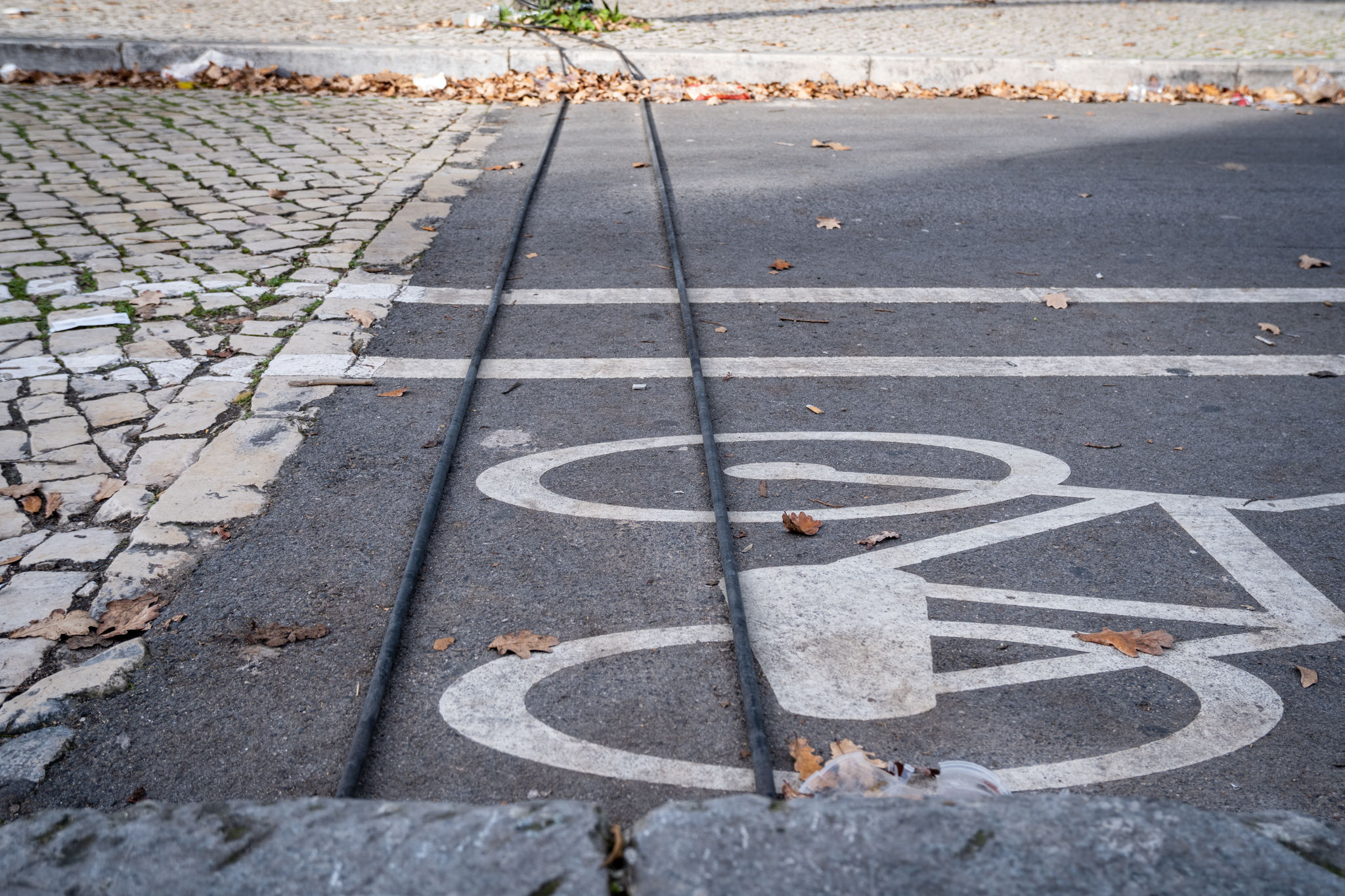
The Faculty of Sciences of the University of Lisbon (FCUL) wants to know how many students and teachers arrive by bicycle or scooterand has already installed the first of three sensors that will be collecting data at three access points to the university. The three sensors will be installed near the accesses to FCUL where there are GIRA stations.
Each sensor is composed of two tubes, which detect the passage of bicycles and scooters. The first equipment was installed on November 16th at the entrance of the access street to building C7 (street inside Alameda da Universidade), near station GIRA 480 - Faculdade de Ciências. The other two will be placed next to the stations 479 - Rua Professor Oliveira Marques and 481 - Museu da Cidade/Campo Grande.
The objective of the study is to diagnose the use of soft mobility by the FCUL community. According to the facultyKnowledge of this reality will serve as a basis for planning measures to promote the use of bicycles and scooters for students and teachers on their daily trips. The work is being carried out in the framework of the European project Tr@nsnetwhich aims, through experimentation with different solutions, to develop a model of a university living laboratory, directed at the issues of ecological transition.
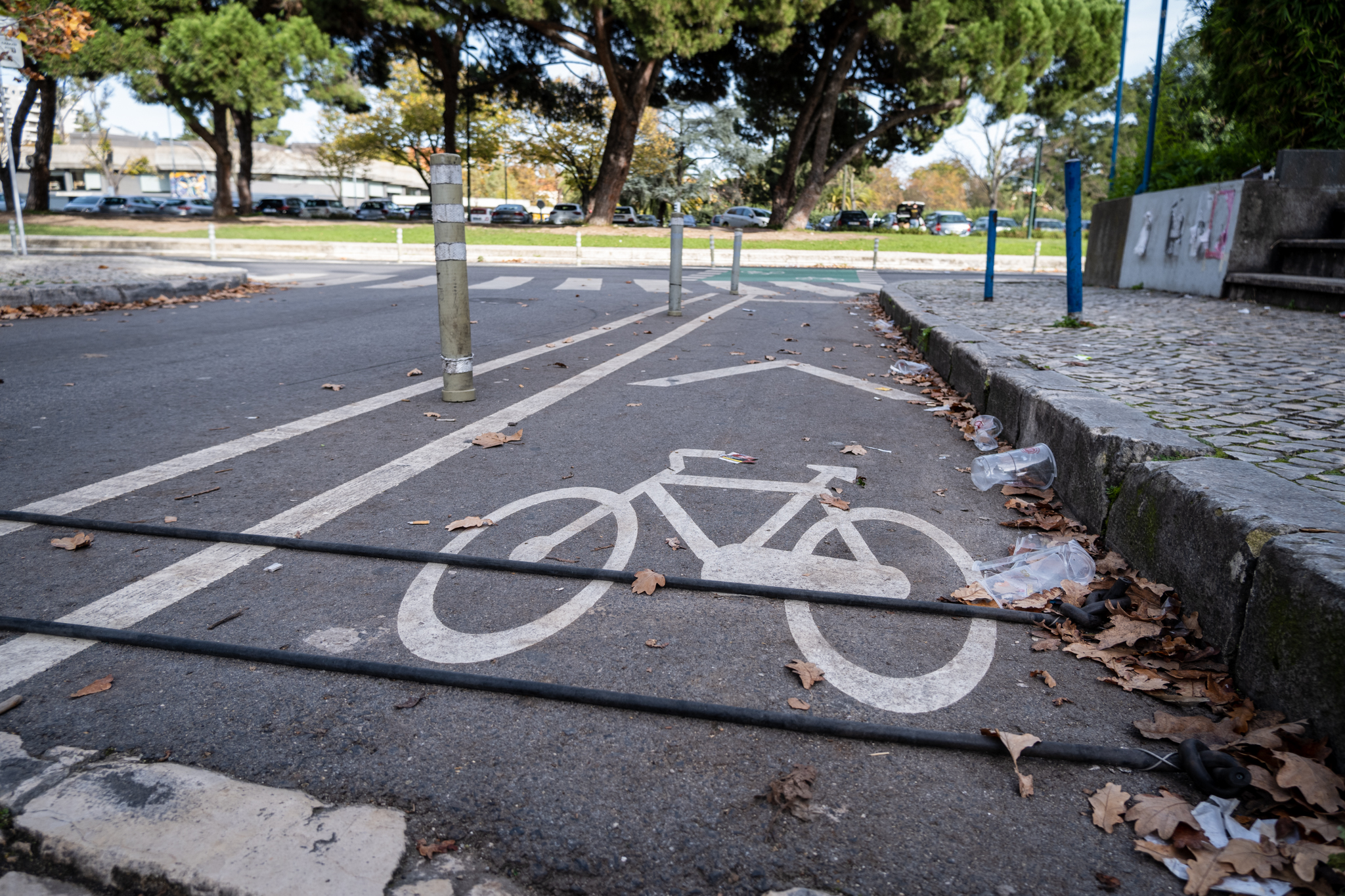
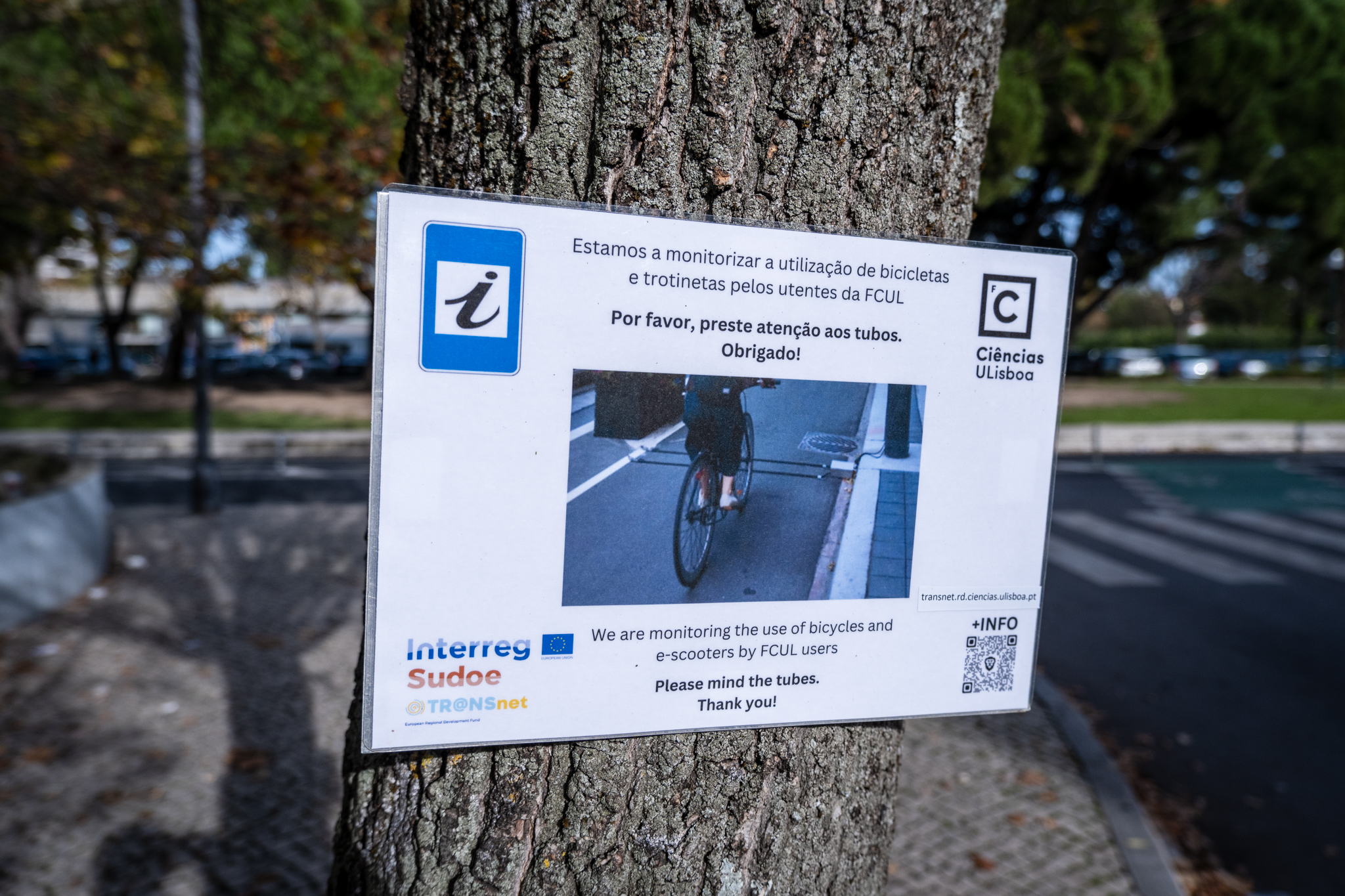
The work with the sensors should extend by the end of March 2023and the results will be able to be followed in real time here.
The installation of the sensors will allow a more complex picture of the reality of soft mobility in the FCUL, after already having been done a preliminary analysis of bicycle and scooter use through manual counts. This initial survey allowed us to identify the intensity of soft mobility and to locate the main entry routes for these vehicles, information that served as a basis to prepare the second phase of the study, with the installation of the sensors.
Among the results obtained are the following:

- During the school term, we observed a average daily soft mode usage of 172 vehicles (161 bicycles, 11 scooters), in the exam season this number was 110 vehicles (99 bicycles, 11 scooters);
- There was a preference for the use of bicycles regarding scooters, in particular by GIRA bikes;
- About 85% of the soft modes used are shared transport modes;
- During the school term, the ratio of use of soft mobility modes in relation to the car was 3/8The conclusion is that about 8% of the people who go to FCUL do so by bicycle or scooter;
- During the exam season, the ratio was 1/4The conclusion is that 9% of the people commute to the FCUL by bicycle or scooter;
- Between 2020 and 2022, an increase of ~20% in GIRA bicycle use was recorded with the opening of two new stations next to the campus.

